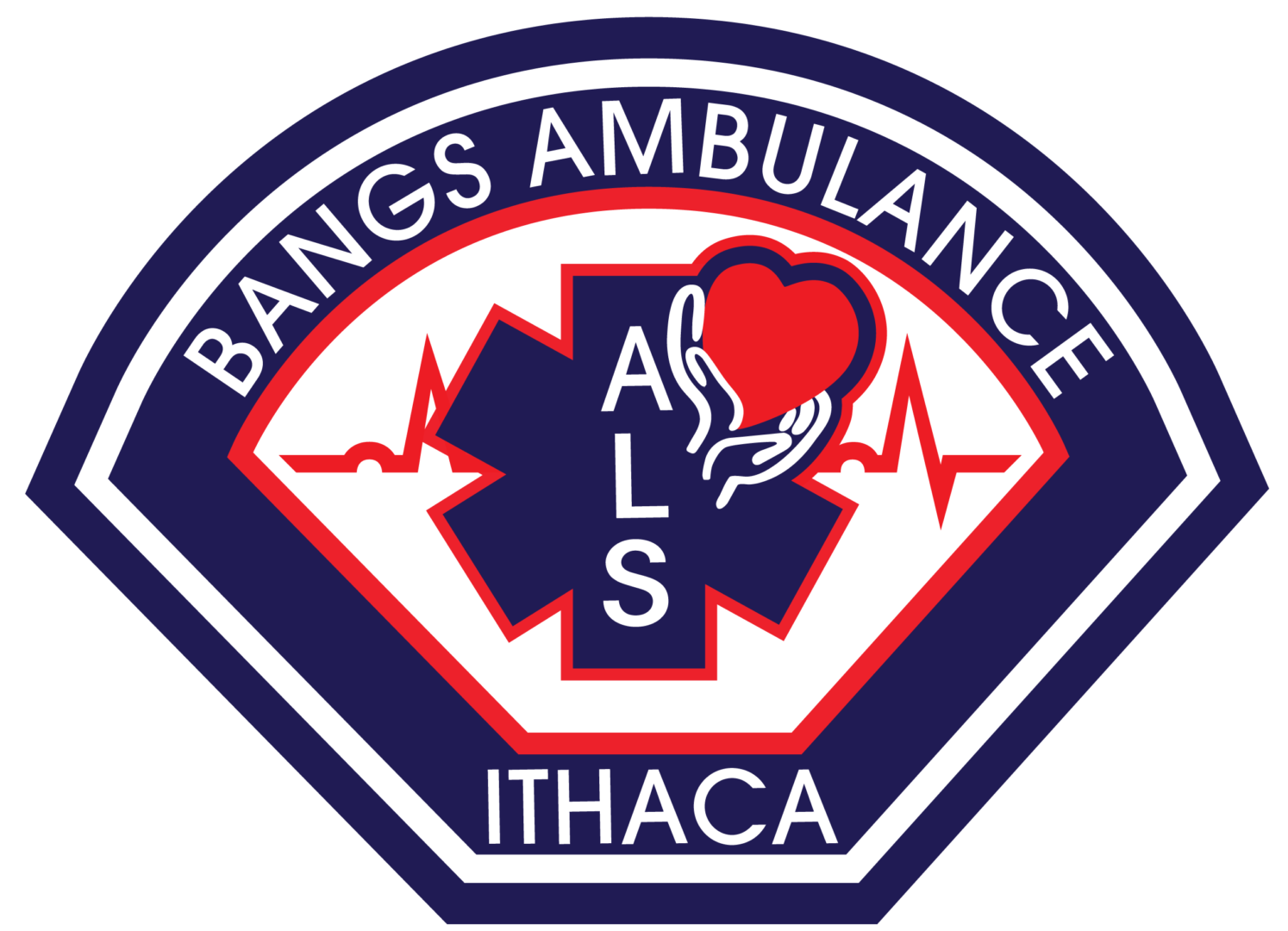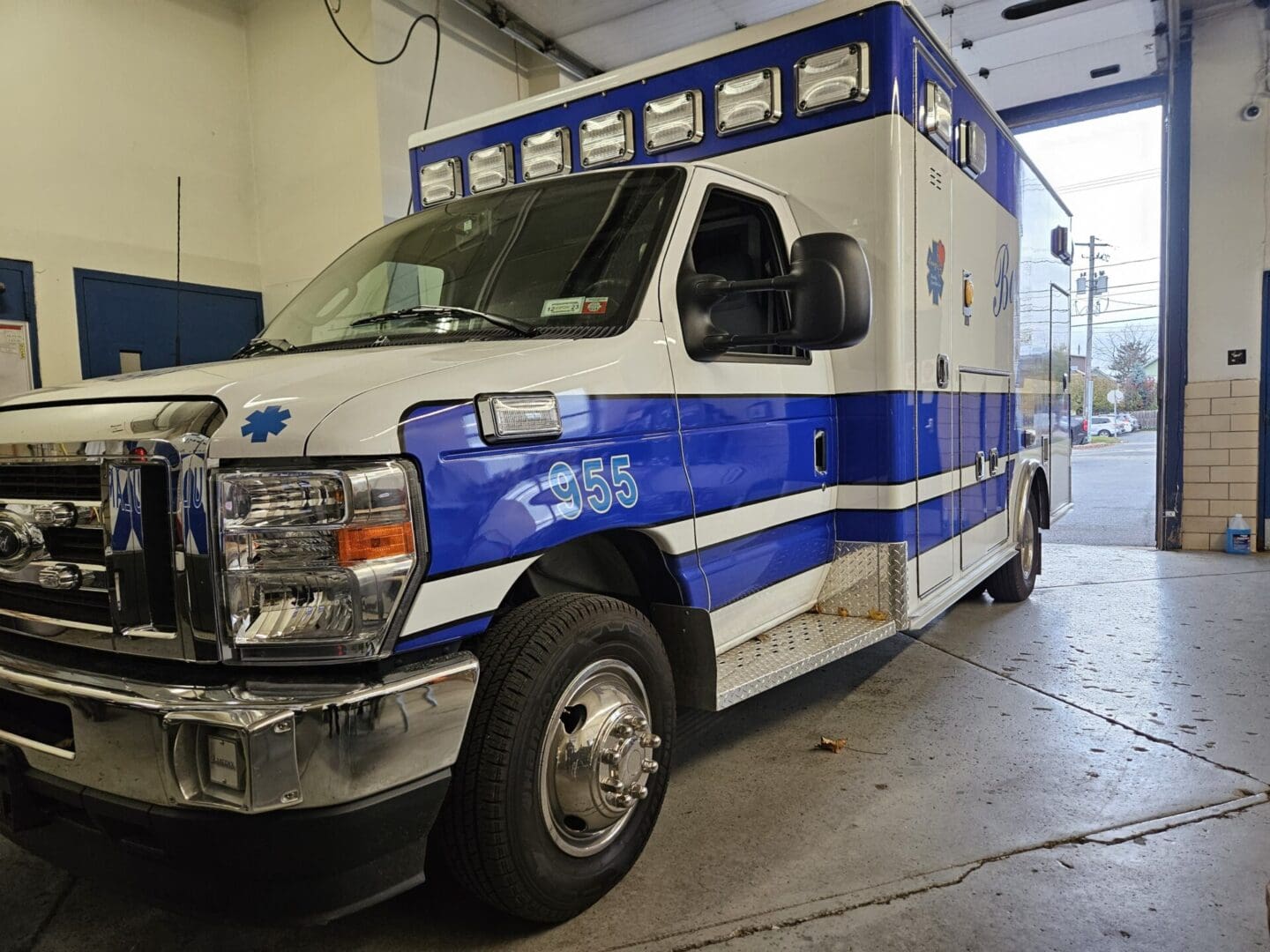Contact Us
If You Have an Emergency, Please Call 911.
If you need to schedule non-emergency transportation by ambulance, please call our dispatcher at (607) 273-1161.
Please schedule transport as far ahead of time as possible during business hours.
Mon - Fri: 8:00 AM - 4.00 PM.
Forms
What is Required for Transports
Hospital to Hospital
All hospital-to-hospital transports require the proper paperwork to be in place prior to the transport. In general, paperwork that is always required is a Physician Certification Statement (PCS) a Face Sheet from the sending facility with patient demographics and insurance information. On occasions, advanced beneficiary notices (waivers) and some other forms will need to be signed, and our dispatcher will be happy to notify you of additional paperwork that may be needed. Please take a look at our protocols on the right to look at the medications that we are able to transport. We will also need to know if the destination is the closest appropriate facility to treat the patient or if extra personnel is needed.
Discharge to Nursing Home
Discharges by ambulance require a face sheet with the demographics, name of the ordering provider, and a Physician Certification Statement indicating the medical necessity for the ambulance. Please fill these forms out completely! For patients with Medicaid, it is the responsibility of the sending facility to contact the local Medicaid office to obtain prior approval.
Discharge to Home
Please refer to the discharge to the nursing home above. If the patient is unable to let themselves into their home, arrangements need to be made for a family member or friend to meet us at the residence.
To a Doctor's Appointment
When scheduling a Doctor's Appointment transport, we will need patient demographics, depending on the situation, and possibly a Physician's Certification Statement as well. If the patient has Medicaid, the ordering provider will need to contact the local Medicaid office to obtain prior approval. Our dispatcher will be happy to work with you to obtain the correct paperwork.
FAQs
In most cases of hospital-to-hospital transport, insurance companies will cover a portion of the cost. Depending on the policy that the patient has, they may or may not be covered. Generally speaking, most insurance companies do not cover discharges to homes or nursing homes.
Medicaid-covered non-emergency transportation requires that the sending facility contact the local D.S.S. office to obtain prior approval before the transport.
Convenience transport, whether the decision of the patient or the physician, may not be covered by the patient's insurance. The patient will be responsible for these charges.

